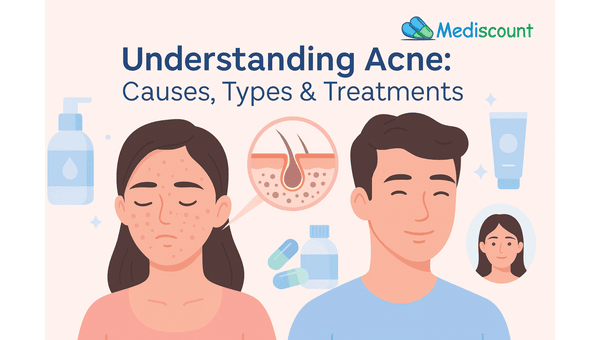Understanding Acne: Causes, Types, and the Best Treatments That Actually Work
Oct 27, 2025
Acne: What Causes It, What Types There Are, and What Works to Treat It
Teenagers and young adults are the most likely to have acne, but it can happen to anyone of any age. People often think of acne as a temporary cosmetic problem, but it can have a big effect on how you feel about yourself and your mental health. You can better handle acne if you know what causes it, what kinds there are, and which treatments really work.
What Is Acne?
When hair follicles under the skin get clogged with oil (sebum), dead skin cells, and bacteria, acne happens. This blockage causes swelling, which can cause pimples, blackheads, whiteheads, and sometimes painful cysts. Most of the time, acne shows up on the face, neck, chest, back, and shoulders.
Common Causes of Acne
There are many things that can cause acne, both inside and outside the body:
Too Much Sebum: Oil glands that are too active can block pores.
Changes in hormones: Acne can happen when hormones change, like during puberty, menstruation, pregnancy, or stress.
Bacterial Growth: The bacteria Propionibacterium acnes (P. acnes) grow best in clogged pores, which makes inflammation worse.
Dead skin cells can mix with oil and block pores if they aren't removed correctly.
Unhealthy Diet: Foods with a lot of sugar, dairy, and processed foods can make acne worse.
Using oily makeup or harsh cleansers on sensitive skin can make it worse.
Genetic Factors: Your family's history can make you more likely to get acne.
The best acne treatments that really work
The severity and cause of acne will determine how it is treated. These are the best choices that dermatologists suggest:
1. Topical Treatments
Benzoyl Peroxide: Kills the bacteria that cause acne and lowers swelling.
Retinoids, like Adapalene and Tretinoin, help cells turn over and keep pores from getting clogged.
Salicylic Acid: Helps get rid of blackheads and whiteheads by removing dead skin cells.
Antibiotic creams like Clindamycin and Nadifloxacin stop bacteria from growing and make the skin less red.
2. Oral Medications
Antibiotics (Doxycycline, Minocycline): Treat severe or inflamed acne.
Hormonal therapy, like birth control pills and spironolactone, helps women with hormonal acne by balancing their hormones.
Isotretinoin is a strong choice for cystic acne that won't go away with other treatments.
3. Professional Procedures
Chemical peels get rid of dead skin cells and clear up clogged pores.
Laser and light therapy kill bacteria and lower oil production.
Extraction or drainage is done by dermatologists for very bad cysts.
Microneedling: Helps make collagen and reduce the appearance of acne scars.
4. Home Remedies and Lifestyle Tips
Use a gentle, non-comedogenic cleanser to wash your face twice a day.
Don't touch or pop pimples to keep them from leaving scars.
Eat a balanced diet that includes a lot of fruits, vegetables, and water.
Makeup and sunscreen that don't have oil or scent are best.
Do yoga, meditate, or work out regularly to deal with stress.
When to Go to the Dermatologist
If your acne doesn't get better after a few weeks of using over-the-counter treatments, or if you get painful cysts or scars, you should see a dermatologist. Early treatment can stop skin damage from getting worse and make skin clear and healthy again.
Things You Should Stop Believing About Acne
"Teenagers are the only ones who get acne." – Hormonal or stress-related acne can also affect adults.
"More frequent washing of your face clears up acne." – Washing too much can make acne worse and hurt.
"Makeup gives you acne." – Only if you use products that don't clog pores or are oil-based.
"Sunlight is good for acne." – There may be a short-term improvement, but UV damage can make acne worse later on.
Final Thoughts
When treated correctly and with patience, acne can be controlled. You can get clear, healthy skin by following a good skincare routine, using treatments that are backed by research, and making changes to your lifestyle. Before starting any new medications or strong treatments, you should always talk to a dermatologist.
Mediscount is your trusted online pharmacy for affordable, real healthcare solutions. They have effective acne medications and skincare products recommended by dermatologists.
Topical Mediscines: CLINSOL Gel 15 g CLEARLITE GEL Acnetop gel CLINDAKEM- A GEL
Oral Medicines: ACNETOIN-i 10 TABLETS CLINSOL I 10 CAPSULES
-
Acne treatment online
-
Buy anti-acne cream on Mediscount
-
Best acne medications India
-
Acne skincare products online
-
Mediscount acne solutions
Recent Post

Mediscount's Guide to Better Digestion Online for Gut Health
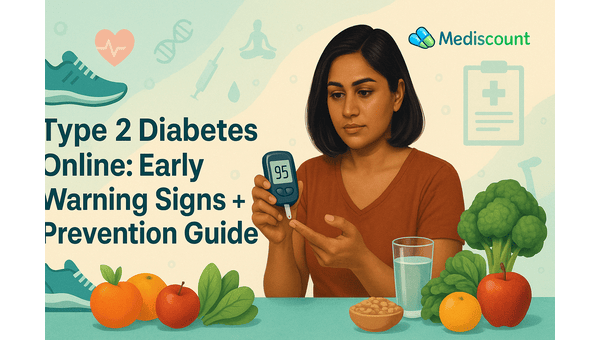
Type 2 Diabetes Online: Early Warning Signs + Prevention Guide
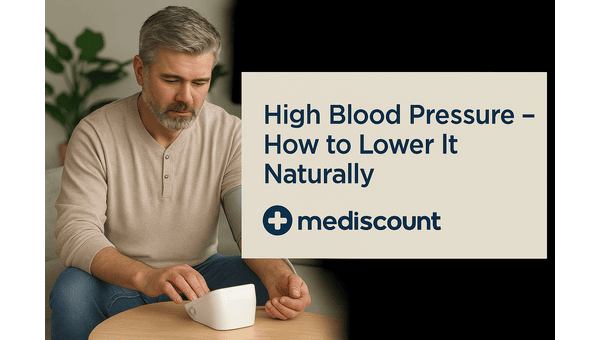
High Blood Pressure – How to Lower It Naturally | Mediscount

How to Lose Weight Safely and Naturally: A Complete Guide by Mediscount
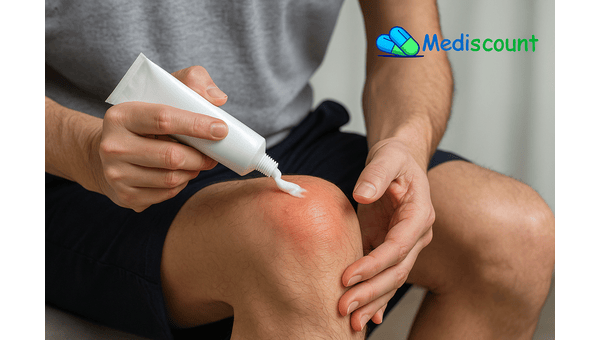
Top 10 Pain Relief Gels for Instant Relief from Muscle and Joint Pain
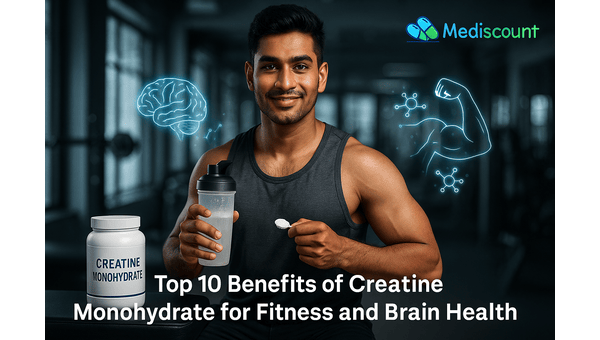
Top 10 Benefits of Creatine Monohydrate for Fitness and Brain Health
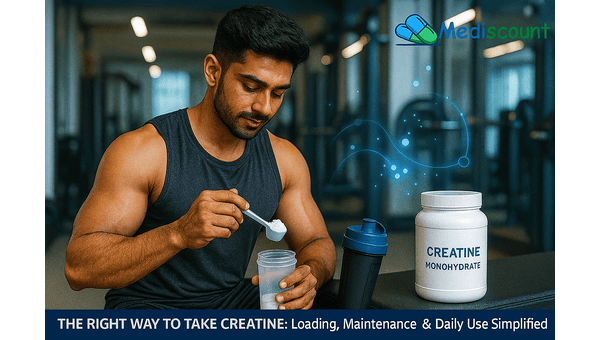
The Right Way to Take Creatine: Loading, Maintenance & Daily Usage Explained
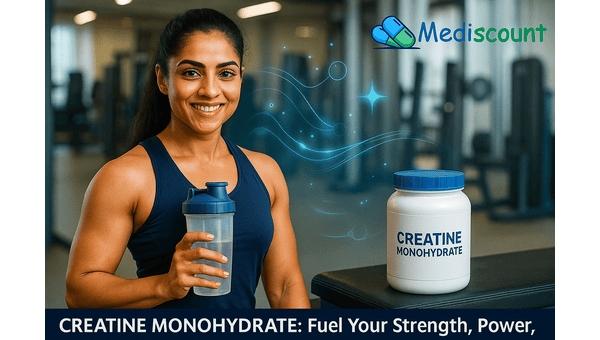
Creatine Monohydrate: The Ultimate Workout Supplement for Strength and Performance
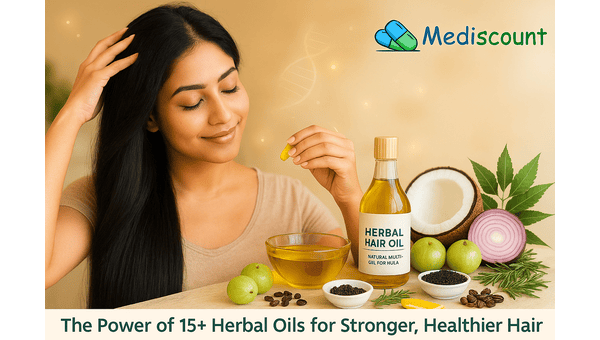
Power of Nature: A Complete Herbal Hair Oil Blend for Stronger, Healthier Hair
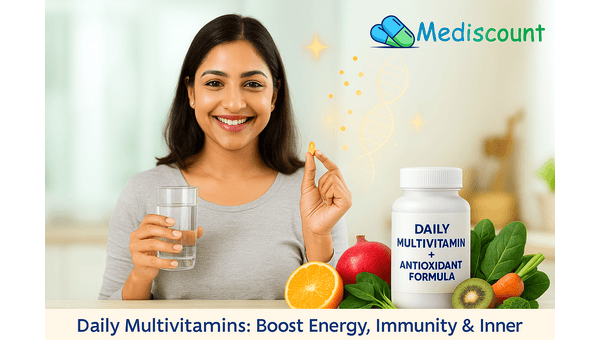
Daily Multivitamins, Multiminerals, and Antioxidants: The Foundation of Everyday Wellness

